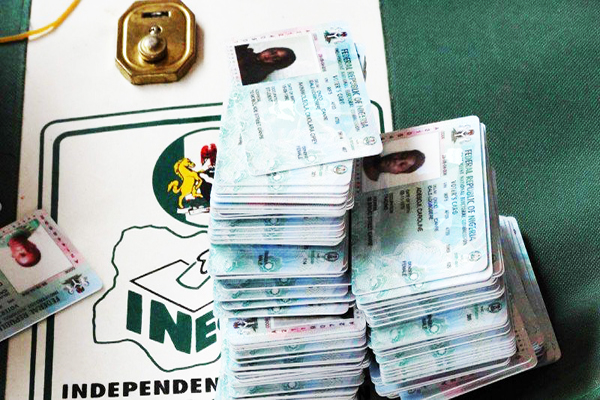WRITTEN BY CHUKWUEBUKA OBINUGWU
Democracy is generally regarded as government of the people, by the people and for the people. In other words, it is a form of government in which the people decide how they want to be governed. As a result, the place of the citizens in democracy cannot be neglected because of the major roles they play in the choice of leadership and governance as a whole.
People choose their leaders and representatives through elections to represent their interests without compromise. Election is an essential ingredient in any democratic setting and it is one of the features that distinguish it from the military and other types of government. One vital element that marks advanced democracies out in the world and which makes them record consistent successes is their electoral process, which they regularly improve.
In Nigeria, elections are held into positions and offices at various levels of government, be it local, state or federal. The Independent National Electoral Commission (INEC) is saddled with the responsibility of conducting elections for the executive and legislative arms, both at the state and federal levels. To enhance free, fair and credible elections, INEC introduced Permanent Voter Card (PVC). This card is made in such a way that it can be read by a card reader to verify the identity of its holder.
Many registration centres were established by INEC to register those that did not register before. Regrettably, often, many registered voters fail to collect their voter’s card after registration, leading to non-participation in the voting process during elections.
It is highly essential therefore that those who have registered should go to the local government headquarters where they registered to collect their PVCs before the next general elections. It is of utmost importance that INEC should intensify its public enlightenment to educate voters on their rights and responsibilities about the electoral process.
Relevant stakeholders like political parties, the media, civil societies, National Orientation Agency, opinion leaders as well as traditional and religious leaders should complement the efforts of the Independent National Electoral Commission by passing necessary information to the electorate on what to do before, during and after elections. One of the duties of the electorate is the registration and collection of voter cards, which should be kept religiously till the Election Day.
Our electorates deserve to be informed that someone who relocated to another place, outside the constituency in which he registered cannot vote in his new location unless he transfers his registration. Section 13 of the Electoral Act (2016), as amended, provides for transfer of registered voters.
Such a voter has to visit INEC office, either at the local government or state to get modulus operandi of transferring one’s data from one location to another. A student who wants to be successful will definitely go to school with writing materials, otherwise he will be treading the path of failure.
Therefore, a voter who wants to effect changes in governance must obtain his PVC, anything short of that; such a person must blame himself if charlatans take over the control of government.
Commentary: Voter’s Card As A Tool For Effective Electoral System

More








Comments are closed for this post.